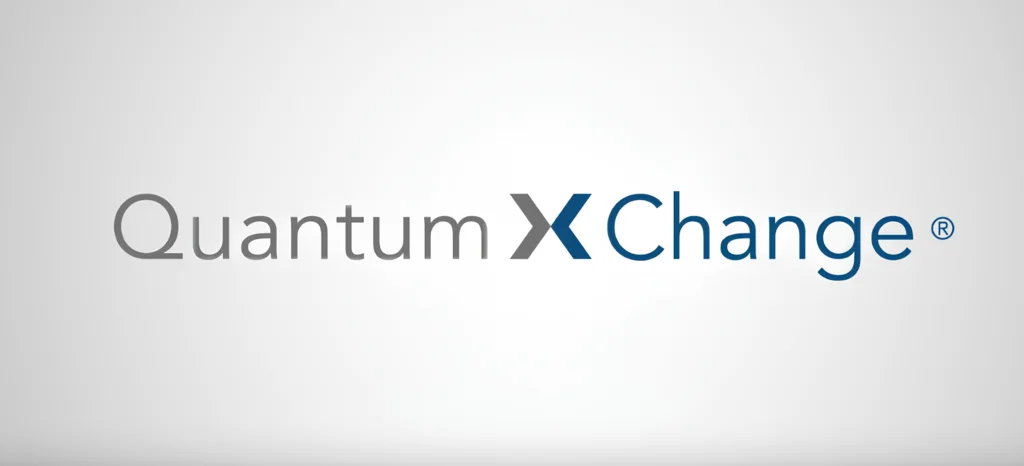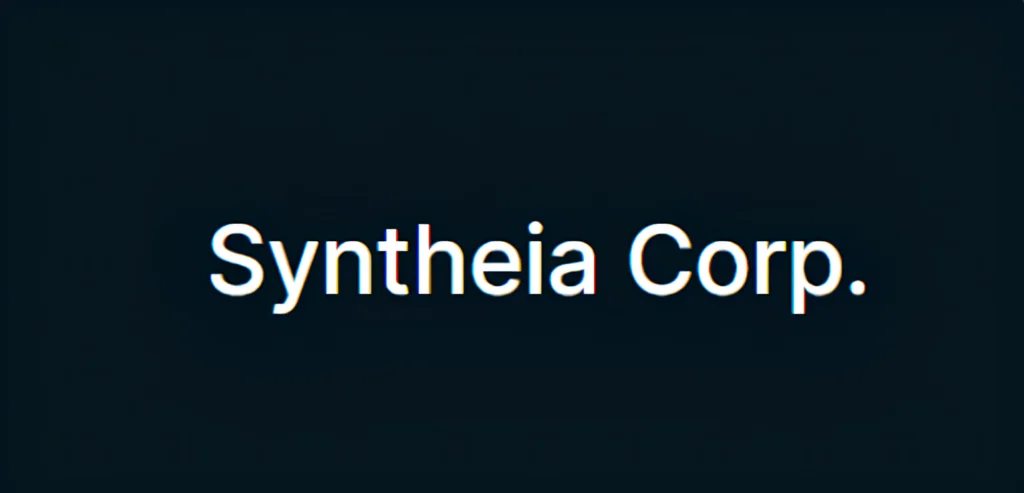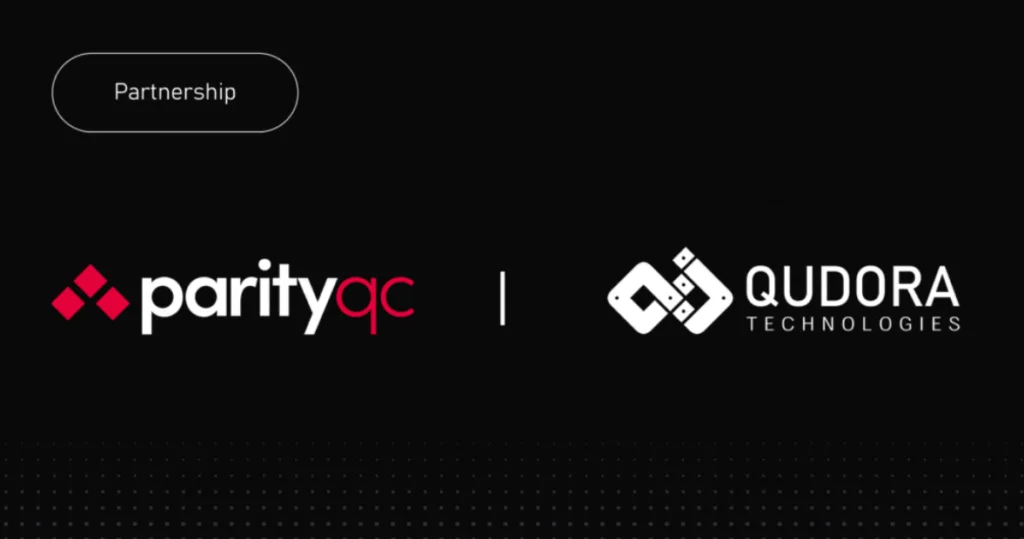Volkswagen and D-Wave are piloting a program to see if quantum computers can help optimize traffic flow in Portugal’s capital and busiest city. They expect this test to lead to more projects that would use quantum computers to cut down on congestion and traffic problems, which is the bane of commuters’ existence in many cities.
According to a Traffic Technology Today, VW will install a traffic management system in nine of Lisbon’s city buses. The system will connect to D-Wave’s quantum computer, which will then calculate the fastest route for the buses in near real-time.
Martin Hofmann, Volkswagen Group CIO, said: “At Volkswagen, we want to further expand our expert knowledge in the field of quantum computing and to develop an in-depth understanding of the way this technology can be put to meaningful use within the company. Traffic optimization is one of the potential applications. Smart traffic management based on the performance capabilities of a quantum computer can provide effective support for cities and commuters.”
The trial will occur from Nov. 4 – 8 during the WebSummit conference. The timing will test the capacity of the system because thousands of conference participants will use the buses to attend presentations and functions.

“Volkswagen’s use of quantum computing to tackle pervasive global problems like smart traffic management is an example of the real-world impact quantum applications will soon have on our cities, communities, and everyday lives,” said D-Wave’s CEO, Vern Brownell. “Their pilot project is among the first that we know of to make production use of a quantum computer, and their ongoing innovation brings us closer than ever to realizing true, practical quantum computing.”
The traffic management system consists of two components: passenger number prediction and quantum computer-enabled route optimization. To create predictions, VW’s development team uses data analytics tools to identify stops with especially high passenger numbers at certain times, using anonymized geo-coordinates and passenger flow data. This offers as many people as possible tailor-made transport options and to ensure optimum utilization of the bus fleet.
For the pilot project, 26 stops were selected and connected to form four bus links connecting the conference facility to key locations in the city center. The VW team intends to continue developing the prediction component, so that bus operators could add temporary links to their scheduled services to serve stops with the largest passenger numbers.
VW experts developed the quantum algorithm for route optimization between the stops. This algorithm calculates the fastest route for each individual bus in the fleet and can optimize it on the fly. Compared to most conventional navigation services, this algorithm gives each bus an individual route. This way, each bus can drive around traffic bottlenecks along the route and avoid traffic jams before they even arise. As the buses travel along individually optimized routes that are calculated to ensure that they can never cause congestion themselves, there will be a general improvement in traffic flow within the city.
Further pilot projects for cities in Germany and other European countries are already being considered, where the system could be offered to public transport companies, taxi companies or fleet operators. VW experts say the system is designed to work in nearly any city.
VW is cooperating with its technology partners D-Wave and Google, which provide access to their computer systems, according to the traffic technology news site. In 2016, the team successfully demonstrated quantum-enabled congestion-free route optimization for taxis in the Chinese capital Beijing.















